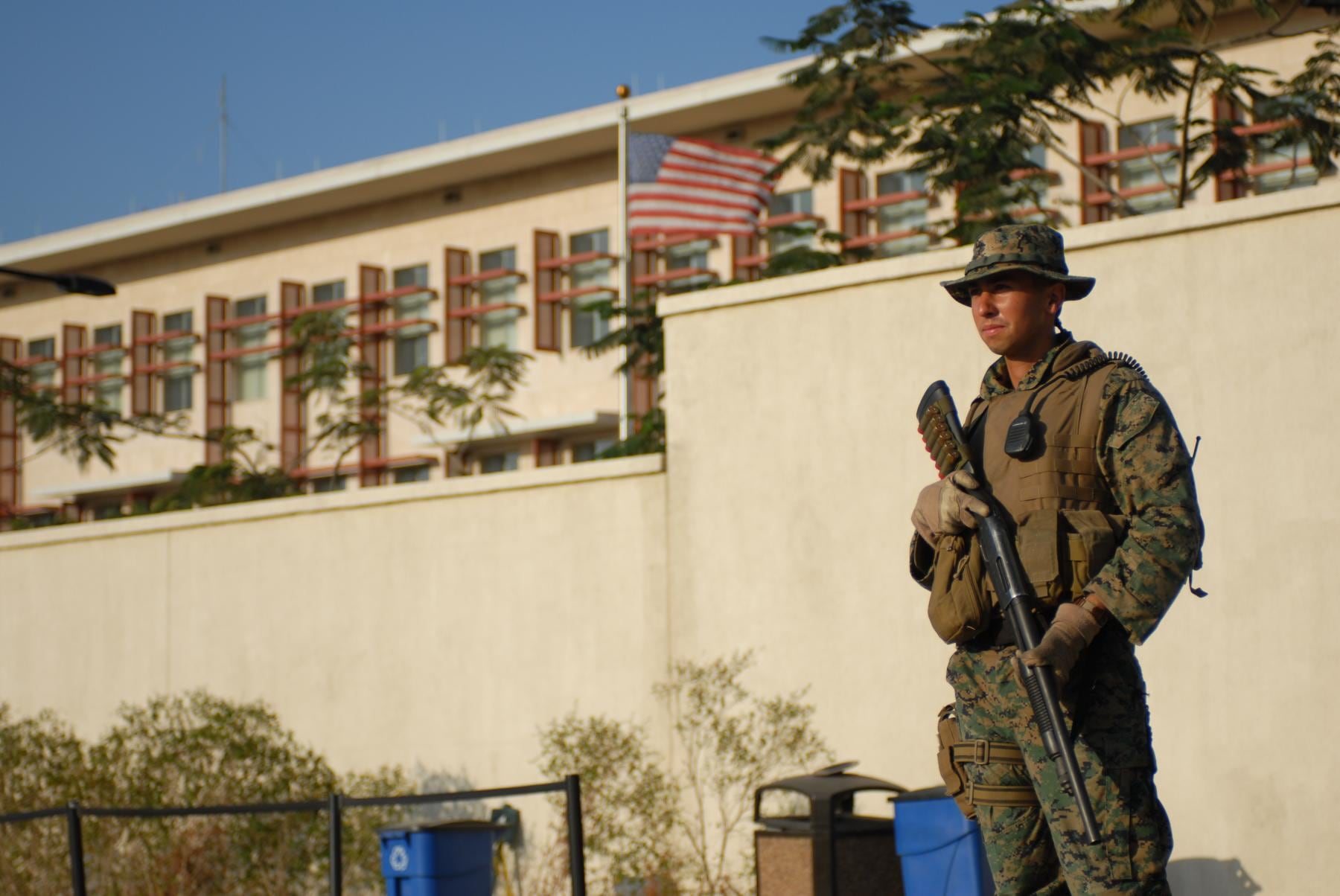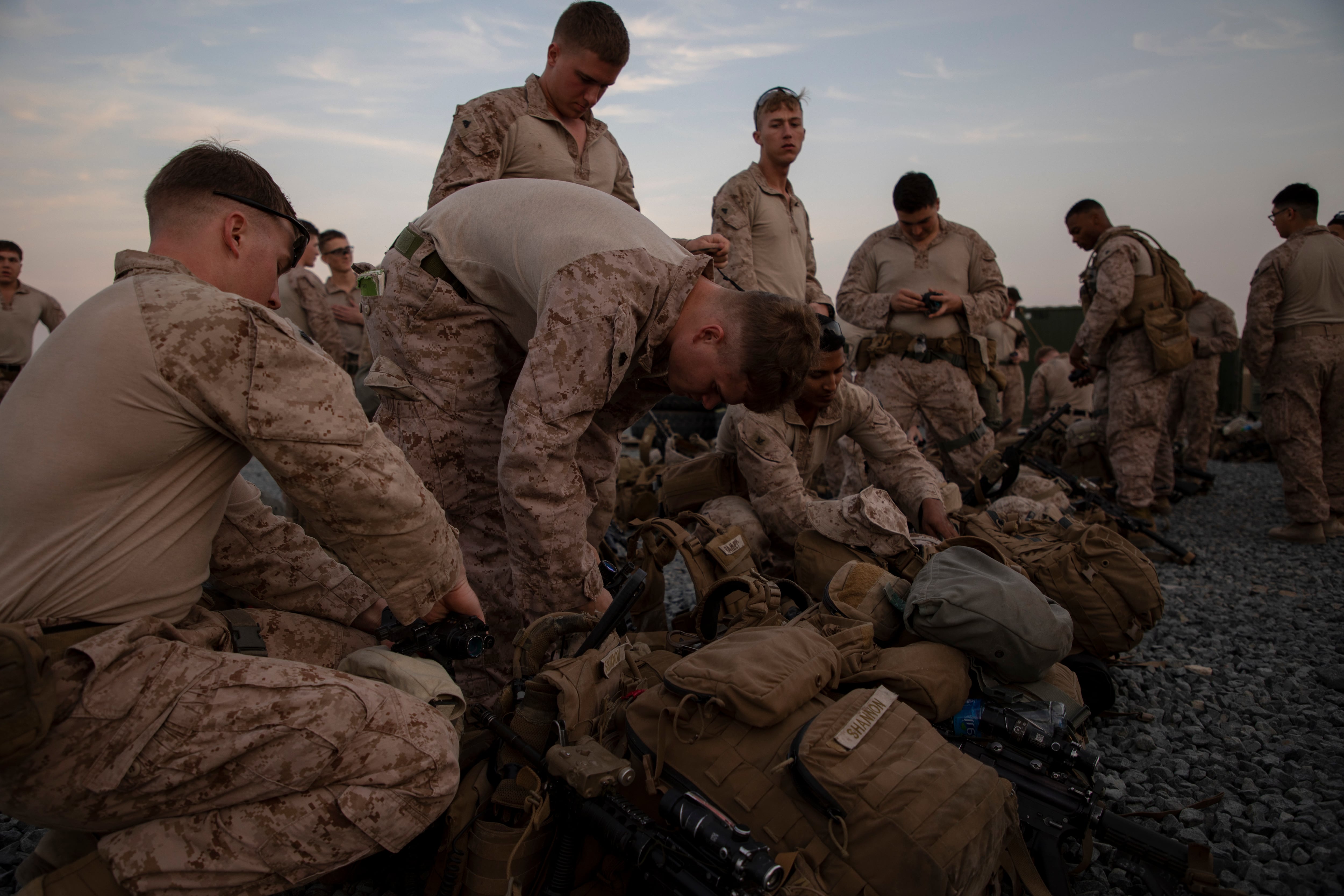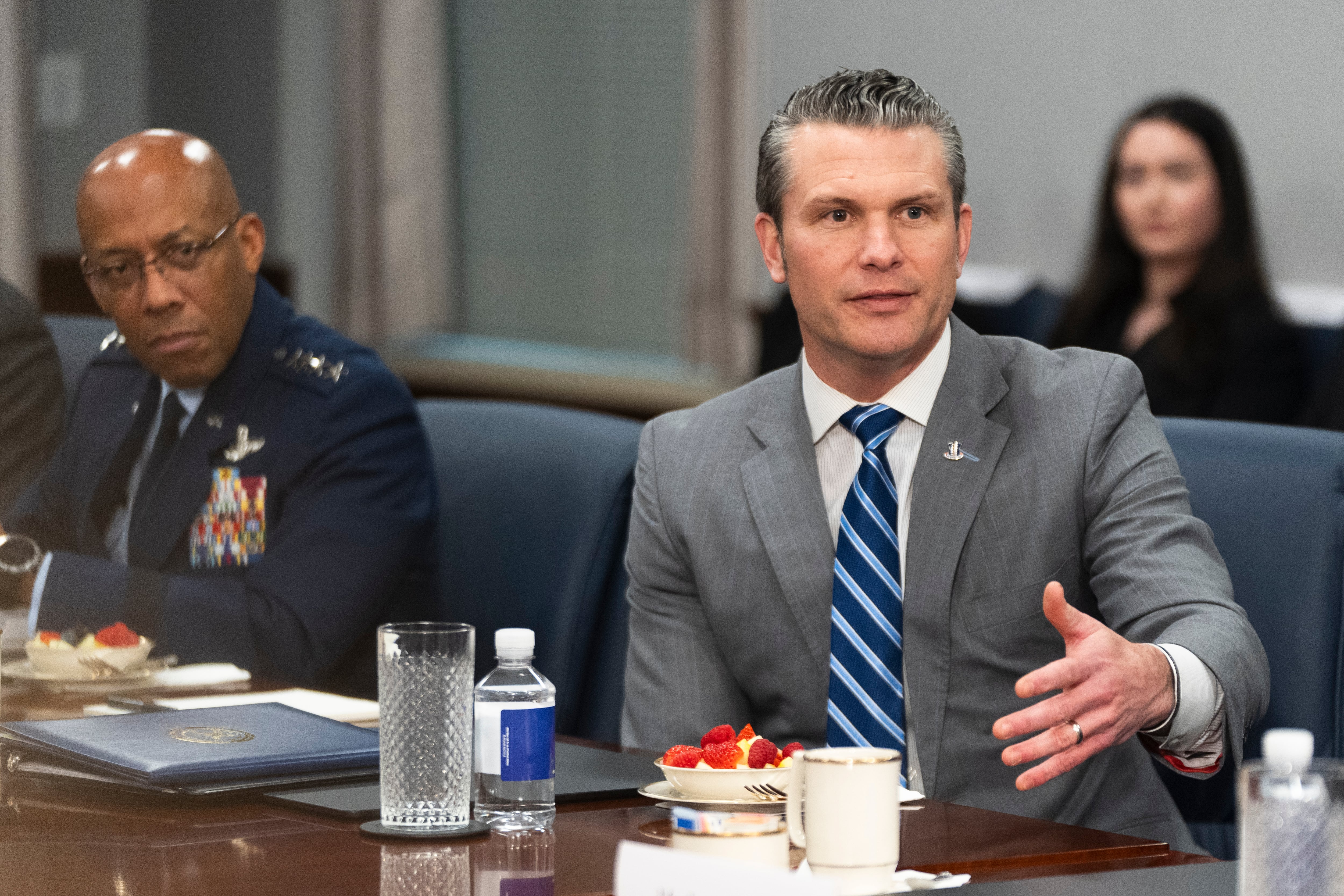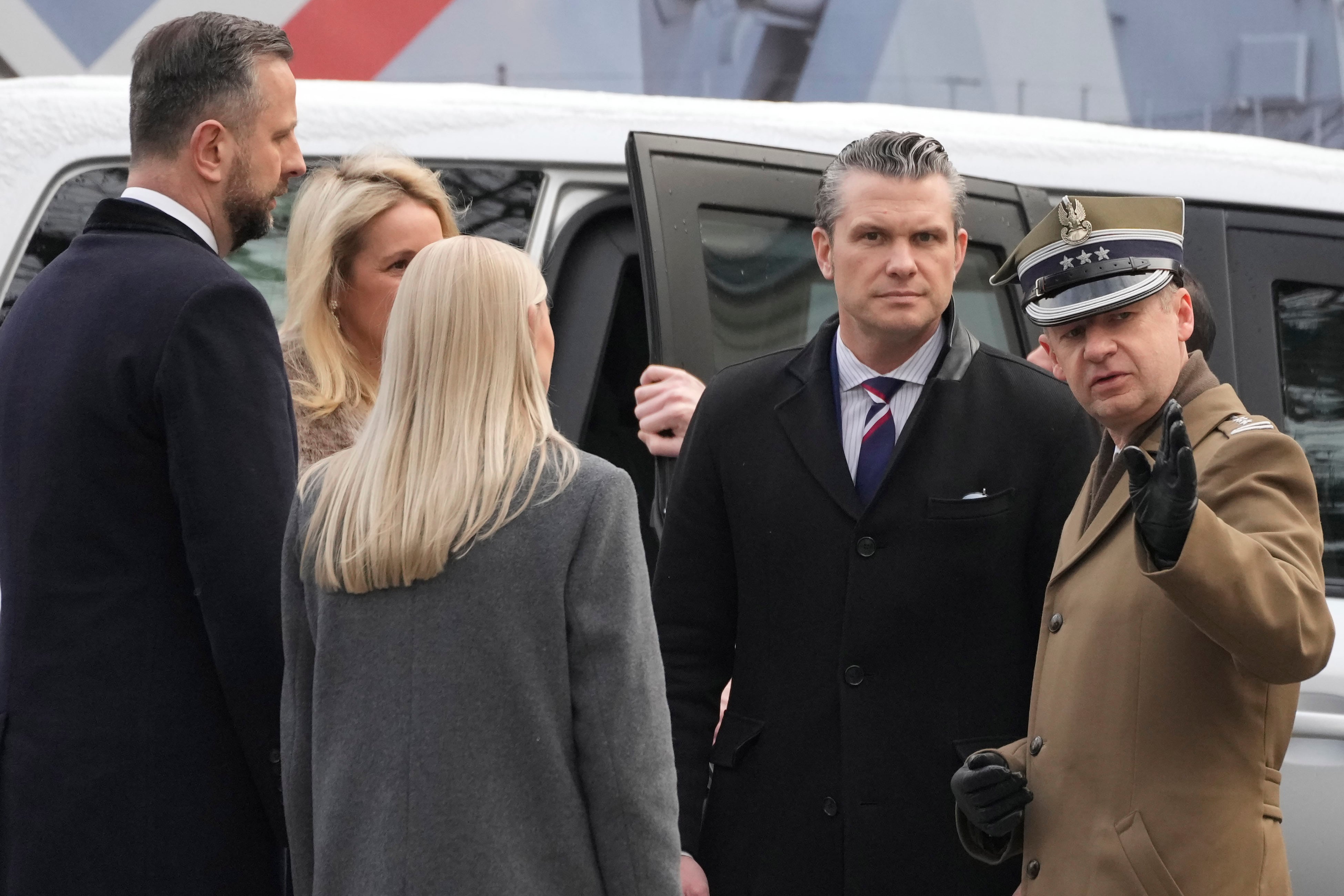A detachment of 100 Marines is deploying to Iraq to reinforce security at the U.S. Embassy in Baghdad after Iraqi protesters supportive of an Iran-backed Shiite militia attempted to storm the compound, U.S. Central Command said Tuesday.
All U.S. personnel are secure and there are no plans to evacuate the embassy, the State Department told Military Times in a Tuesday email.
The State Department added that the U.S. ambassador for Iraq, Matt Tueller, is returning to the embassy from previously scheduled personal travel.
The Marines were requested by the U.S. State Department and their deployment was approved by Iraqi Security Forces, Central Command spokesman Mike Lawhorn told Military Times by phone Tuesday. Two Apache attack helicopters are providing over watch.
RELATED

The Marines are part of Special Purpose Marine Air-Ground Task Forces Crisis Response — Central Command and came from Kuwait, according to a tweet from the Marine unit. The helicopters came from Taji, Iraq, Lawhorn said.
The Marines sent to the embassy with the SPMAGTF–CR–CC are originally from the 2nd Battalion, 7th Marines, based out of the Marine Corps Air Ground Combat Center in Twentynine Palms, California.
“The Department of Defense is working closely with the Department of State to ensure the security of our Embassy and personnel in Baghdad,” Secretary of Defense Mark Esper said in a Tuesday press release. “We have taken appropriate force protection actions to ensure the safety of American citizens, military personnel and diplomats in country, and to ensure our right of self-defense."
While the American military will protect the embassy, it also is the responsibility of the Iraqi government to step up and aid in its protection, Esper said.
“As in all countries, we rely on host nation forces to assist in the protection of our personnel in country, and we call on the Government of Iraq to fulfill its international responsibilities to do so,” Esper said.

Marine Corps public affairs officials directed questions from Marine Corps Times back to the Office of the Secretary of Defense.
The 100 Marines sent to reinforce the Baghdad, Iraq, embassy are part of a trend throughout the past five years of the Corps sending additional Marines to reinforce the ever-present Marine security guards or evacuate embassies around the world.
Many of the past embassy missions have used Marines from Special Purpose Marine Air-Ground Task Forces Crisis Response — Central Command, which was created after the 2012 attack on the diplomatic post in Benghazi, Libya, that resulted in the death of four Americans.
The protesters who stormed the U.S. embassy in Iraq were angry over Sunday’s airstrikes by U.S. forces against the Iran-backed militia and broke through the main door of the embassy and cried “Down, Down, USA!” according to The Associated Press.
After the protesters destroyed the main gate of the compound, a reception area in the embassy caught fire and U.S. service members were spotted on the roof of the embassy, according to The Associated Press.
In its statement the State Department said though the protesters did enter into the embassy compound, there has been no “breach.”
In response to the attack on the embassy, President Donald Trump took to Twitter to blaming Iran for “orchestrating” the protests.
The Marine Corps also has a Special Purpose Marine Air-Ground Task Force-Crisis Response-Africa, with a similar mission to the Central Command unit, but focused on the African theater.
The African unit remains on alert but as of Friday, it has not sent any Marines to reinforce embassies in the region, spokesman Maj. Adrian Rankine-Galloway told Marine Corps Times in an email.
As of Friday the 100 Marines sent to Baghdad are still reinforcing the embassy, and are so far the only Marines sent to reinforce embassies in the region, 1st Lt. Samuel Banks, a Marine Corps spokesman, told Marine Corps Times in an email.
For security reasons Banks could not say if there were plans to reinforce other embassies, but did say the Central Command unit remains ready.
“This specific mission set is one of our primary missions that we deployed here to conduct, and we were ready to respond when called upon,” Banks said.
“We will continue to posture the SPMAGTF-CR-CC in order to maintain our response capabilities across the CENTCOM area of responsibility,” he added.
Military Times managing editor Howard Altman contributed to this report.





